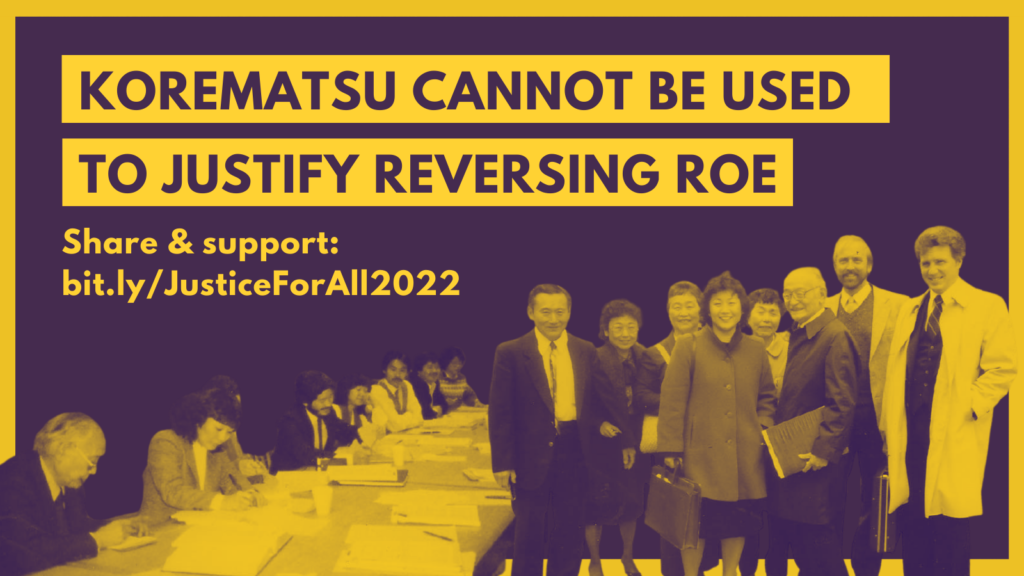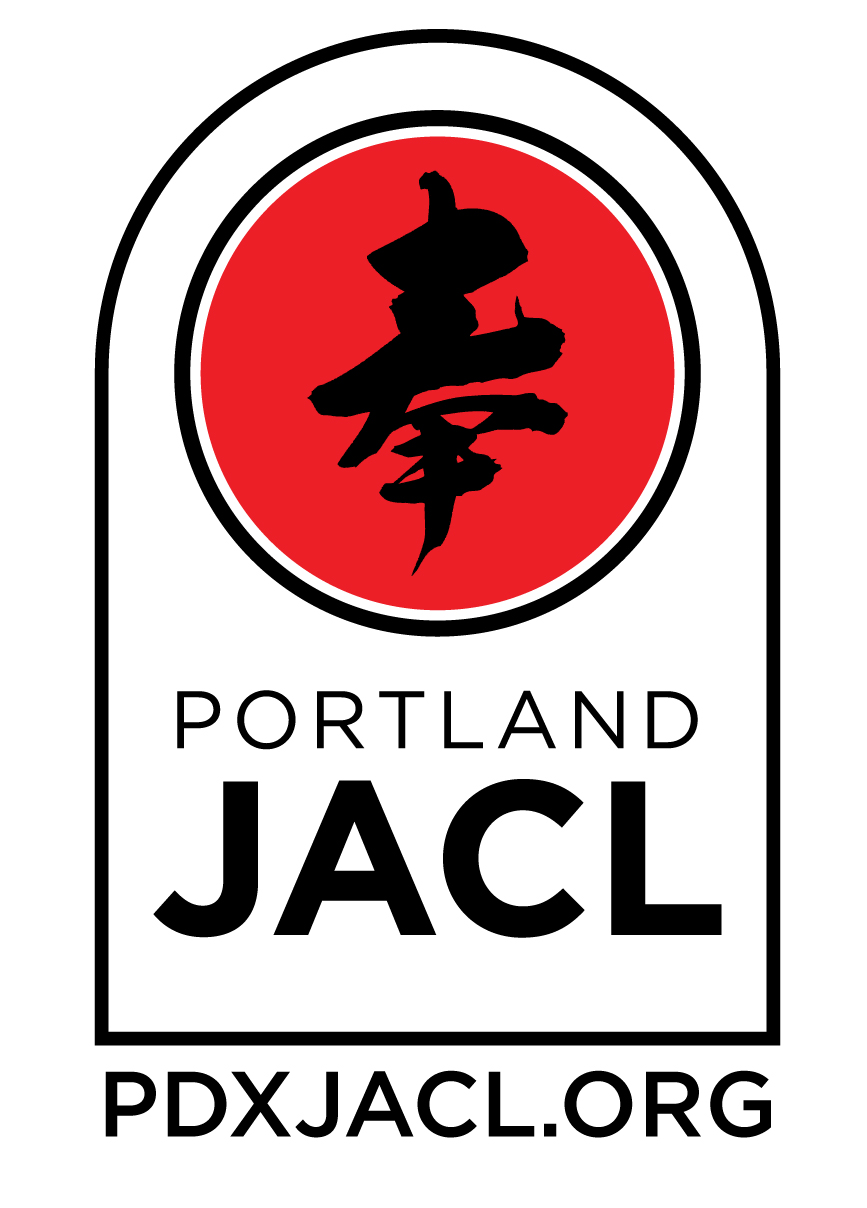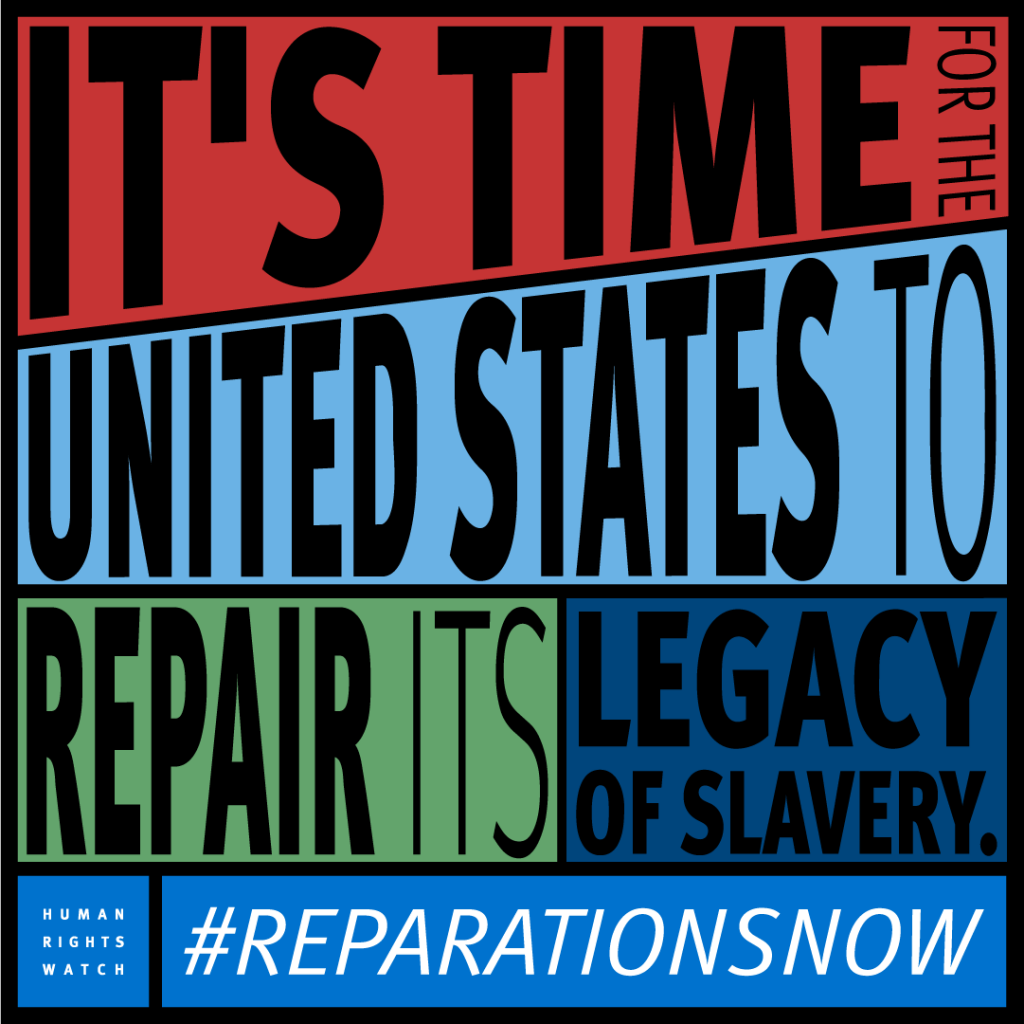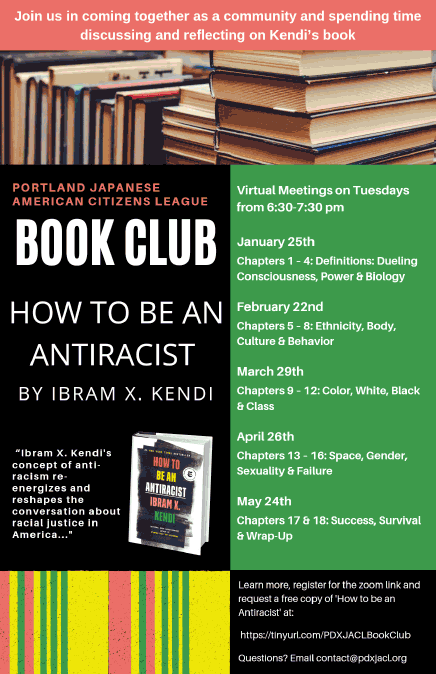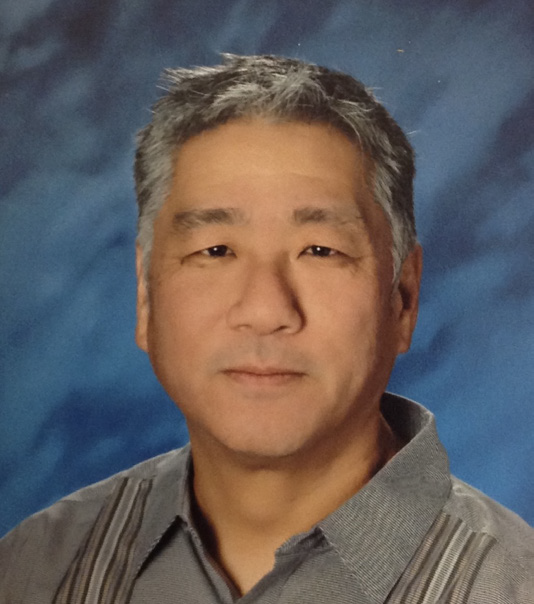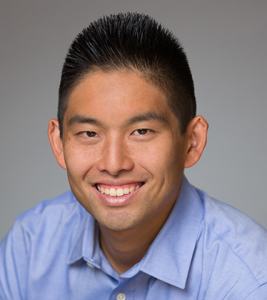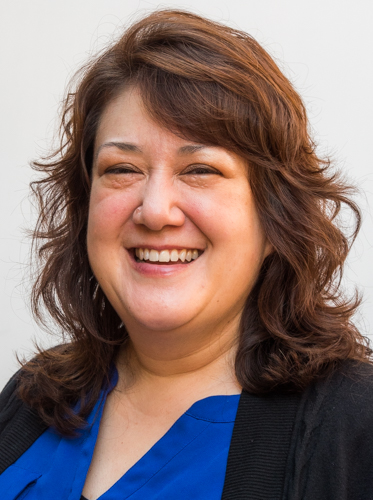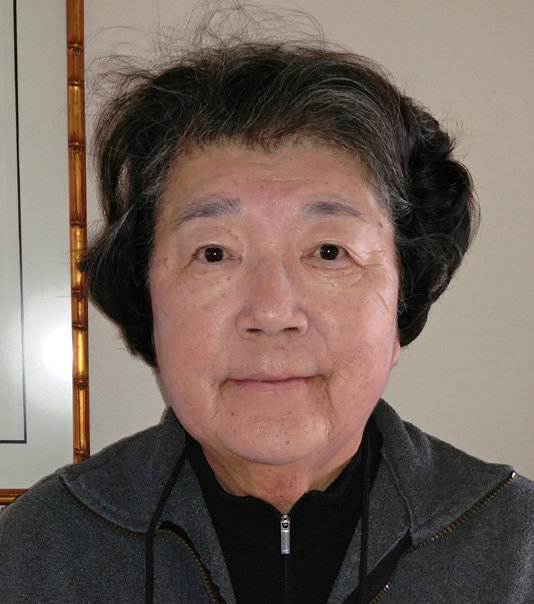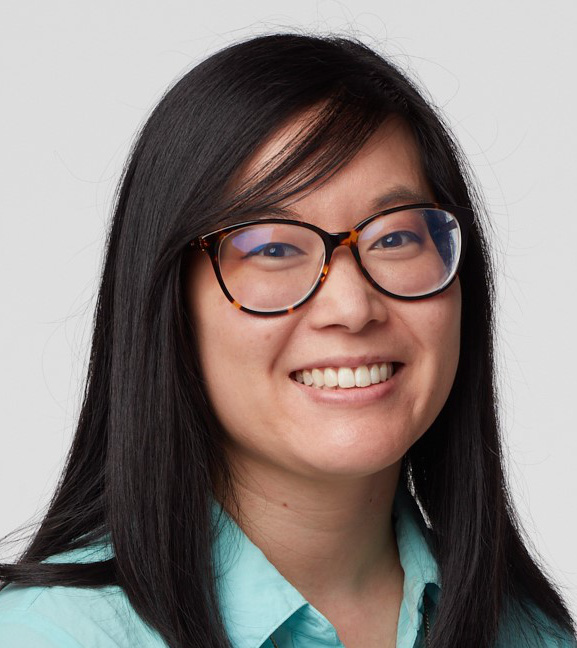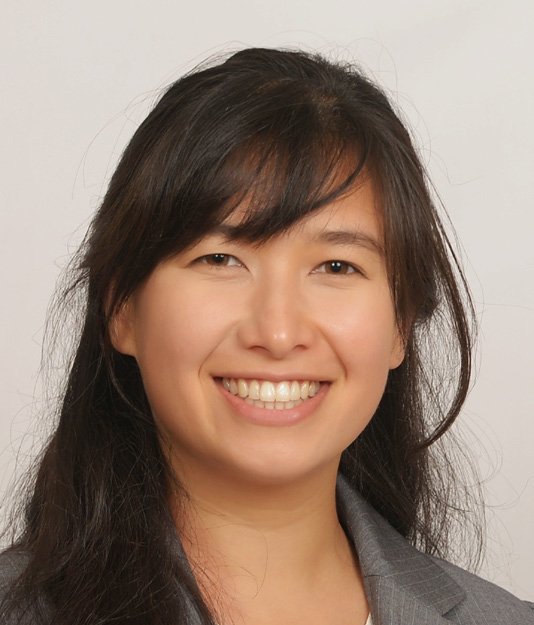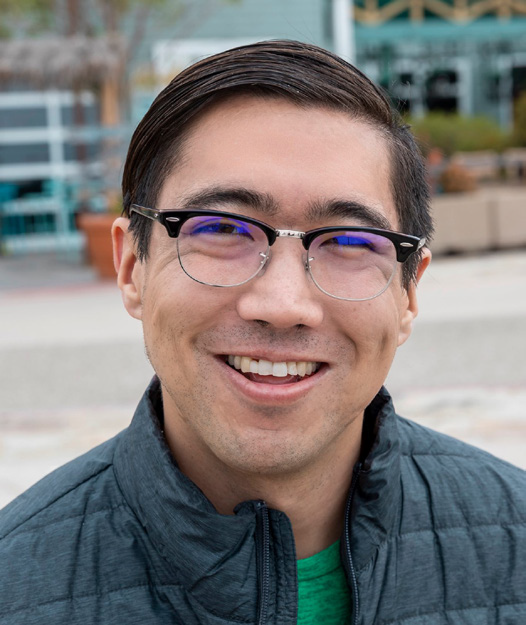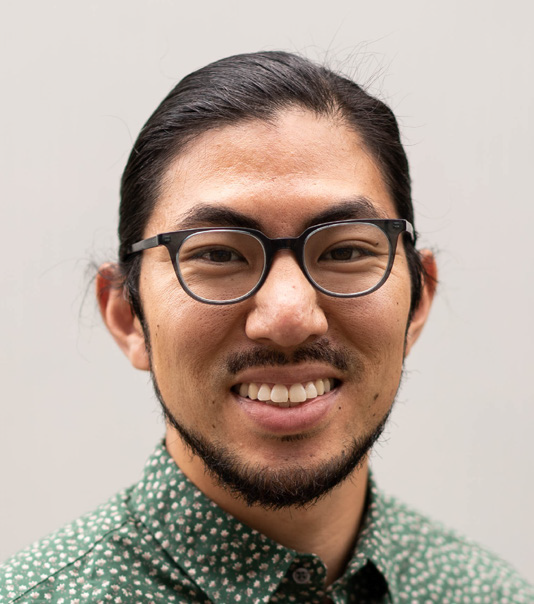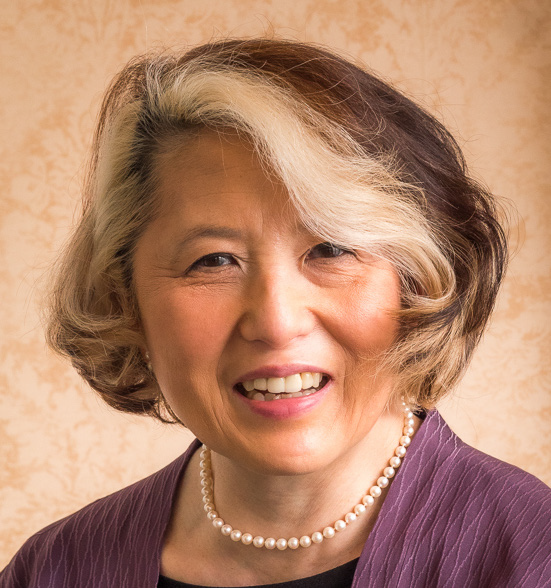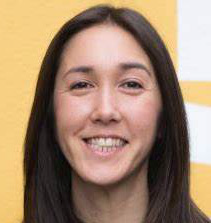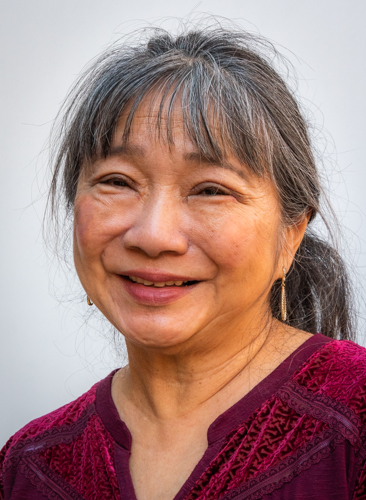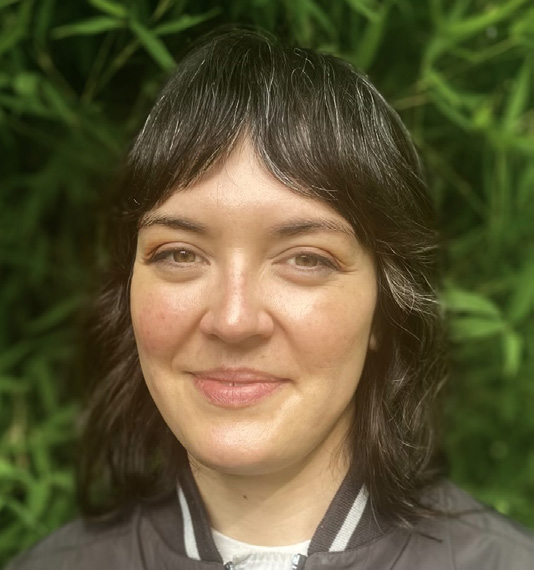By Spencer Uemura
Hello and Happy May!
The month of May has quickly become one of my favorite times of the year. It?s around now that the weather has usually started to get warmer, especially after the surprise snow that we got in mid-April.
But aside from the climate, each May brings two important celebrations: Asian Pacific Islander Desi American (APIDA) Heritage Month and Mental Health
Awareness Month. Through Asian American and mental health related events, it is a time when Asian Americans of various backgrounds and experiences can be seen, uplifted, and celebrated.
Since January, you may have noticed a request for feedback in our newsletters, with a link to a survey about your experiences with wellness and mental health as members of the Japanese American community. Your responses have been invaluable and I extend my continued gratitude to those who have replied. One theme that arose is the strength of our ancestors that brought them through immigration, incarceration, and/or other pressures, but also the continued need for healing spaces in our community in the present. If you?d still like to share your experiences in the survey, I would love to hear from you! Please fill out the survey linked later in this newsletter, or reach out to me to arrange a time to talk.
As a Japanese American mental health therapist, I know that there are significant barriers for us to receive care, whether from the Western mental health system or different approaches. There can be an intense feeling of stigma against seeking help or acknowledging where we feel hurt or vulnerable.
These feelings can run deep, passed down generationally from those who did what they needed to do to get by. Inspired by those who have shared their stories about mental health, struggle, and resilience in the survey, I thought it was appropriate for me to share my own. I was a young boy when I started to have nightmares about what would happen to me after I passed away. Oddly enough, what kept coming to mind was a scene in Star Wars: A New Hope in which the protagonists get caught in a trash compactor and the walls begin to close in, threatening to crush them. In my mind?s eye, the walls would close until they finally met in the middle, and all that was left was darkness.
This sense of doom led to more feelings of depression and anxiety, and I didn?t know how to talk about what I was feeling, or who I could talk to. My parents were as supportive and loving as they knew how to be – I was fortunate to have their support to access mental health therapy – but they hadn?t learned how to talk about big emotions from their parents and their surrounding community. My parents did the best they could, and because this kind of intergenerational healing is incremental, they put me in a position where I can continue this work for myself.
The isolation I felt in those days led me to the field of mental health therapy. I wanted the tools to understand myself, the ability to support others who might be feeling as alone as I did, and I wanted to be able to help my people heal. I am still prone to depression and anxiety. Even as a therapist myself, it often takes me an embarrassingly long time to acknowledge I need extra support when life gets more challenging. Our feelings of stigma are deeply ingrained. But ultimately, there are many more ways to engage and invest in our own growth than just working with a therapist. Among many things, healing could mean attending cultural events, eating Japanese foods, speaking or learning the language, or spending time with friends and family.
May we continue the healing that our ancestors began for us.
Some things for your consideration during this APIDA Heritage and Mental Health Awareness Month:
- We carry the pain of our ancestors, as well as the resilience that brought them through incredible difficulty.
- Who are the people, past or present, who taught you strength and resilience?
- What is something that you can do to foster that strength and resilience in yourself?
- Our areas of vulnerability create opportunities for supportive connection.
- Who are the people, past or present, who taught you the value of softness and openness?
- What is something that you can do to foster that softness and openness in yourself?
Help guide our work!
Your very own PDX JACL Advocacy Committee has a goal to address Asian American Safety and Visibility as one of its priorities for the new year. Under this topic are the important mental health needs of the Japanese American community. We know that we cannot do this work for our community without receiving feedback from the community, so we would love to hear from you!
Sample questions:
- How have your JA family/friends engaged with topics like wellbeing and mental health?
- What are some phrases you have heard in the JA community response to hardship? (i.e. ?Shikata ga nai?, ?It can?t be helped?, ?It?ll be fine?)
- What has your overall wellness and mental health been like during the COVID pandemic?
- What are the needs that you see around you, related to mental health?
You may complete this anonymous Google Form or contact Spencer@pdxjacl.org to arrange a one-to-one conversation. Thank you in advance for your collaboration!
